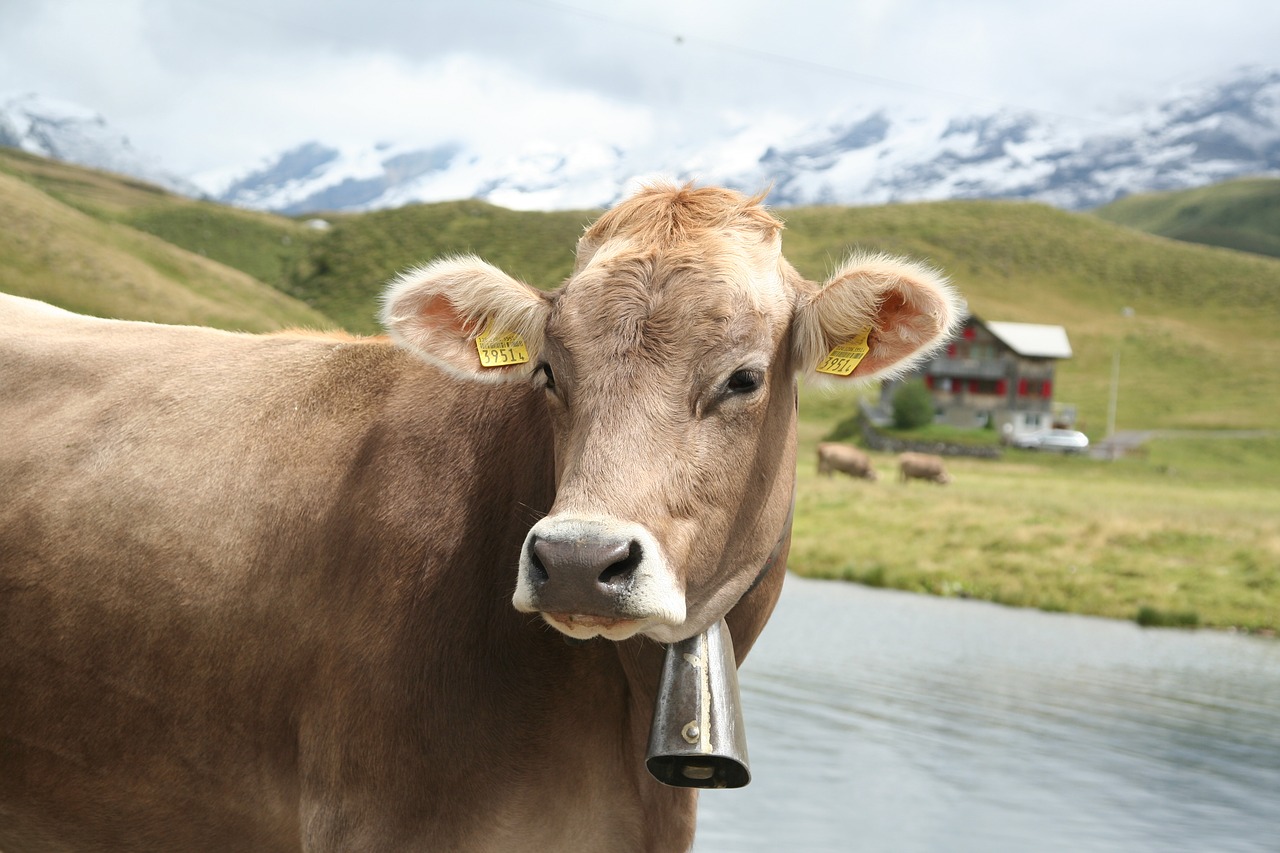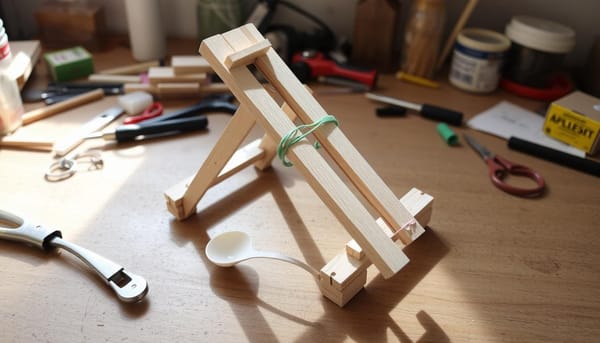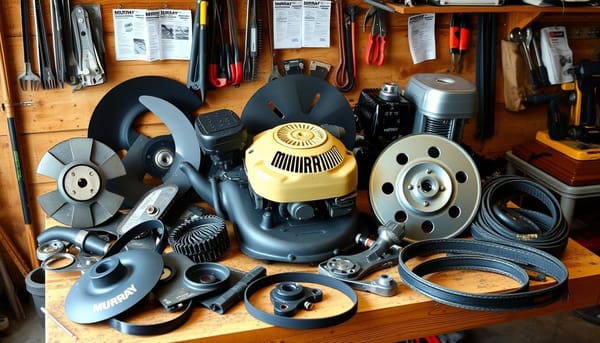I Can't Believe it's Not Dairy

On to our next startup, Berkeley-based biotechnology startup, Perfect Day. In a vegan burger article we discussed the detriment of meat on our Earth but here's a brief recap. According to the Environmental Working Group (EWG), the production, distribution, and processing of animals for food generally includes pesticide use, fuel use, greenhouse gas production and the runoff of animal waste and toxic chemicals which often leach into the soil, are dumped into water or go into the air. Of course, we can't forget about the massive land, water and food use associated with meat either.
These facts alone have left many going vegetarian, but what about dairy? Surely all of the cows emitting greenhouse gases and grazing on massive plots of land aren't just there for the production of beef. According to the World Wildlife Fund (WWF), there are 270 million dairy cows worldwide. The growth of dairy consumption worldwide means more stress on local resources like land, water, and food for feedstock.
The cows have to be fed and of course produce waste, leading to similar issues as discussed above. An often overlooked component of dairy production, however, is the treatment of animals. While various boards exist to ensure the health and safety of farm animals, most jurisdictions do not have the same protections for livestock as are extended to other animals, like pets.
In addition, because cows are mammals and mammals only produce milk after pregnancy, dairy cows are kept in a cycle of constant artificial insemination, pregnancy, birth, and loss (until slaughter or surrender). Shortly after their births, baby cows are removed so that milk production can be redirected to human beings- leading to severe stress for both mother and child.
At this point, you're probably wondering where I'm going and if I can get there fast. I promise this is not a post to make you feel bad! This is a chance to introduce you to the newest startup looking to disrupt the dairy industry. Do you like the Earth? Do you love cows? Well, read on!
At the supermarket it's not uncommon to come across milk alternatives, in fact, most coffee houses, campuses, and grocery stores at least carry soy milk (almond milk if you're lucky and coconut milk if you've hit the jackpot) but one common concern how close (in taste, texture etc.) these milk are to the real McCoy. What if I told you, Perfect Day was engineering dairy proteins, the same kind that's traditionally found in cow's milk without the use of a single cow?
We wanted to enjoy the dairy foods we love without compromising on how they taste or our commitment to the environment.
Sound good? Well, read on because the dairy products made by Perfect Day are good, high in protein, hormone free, antibiotic free, steroid free, good for the Earth, cholesterol free and have a longer shelf life than real cow's milk.
How is it done? Perfect Day works almost like craft brewing does- using fermented yeast. The process takes two "ingredients" dairy yeast and sugar. The yeast is sourced from the United States Department of Agriculture (USDA) and then later cultivated to produce dairy proteins.
The yeast is given a biological "blueprint" of the protein, which then allows it to ferment sugar and create the actual dairy protein. Though this process is artificially facilitated, the process is similar to the natural creation of dairy proteins that occurs in the bodies of cows and the technique is similar to those used to ferment vanilla, insulin and everyday household products.
This process can be used for the production of cheese, yogurt, chocolate milk, ice cream, pizza and many more foods and the products created to retain the same taste and texture of real dairy.
Their animal-free dairy proteins are comprised of the same proteins (casein and whey- they should look familiar if you read nutrition labels) that are found in cows milk, however, their milk, unlike cow milk and some alternative milk are soy-free, gluten-free and lactose-free.
This means that this alternative milk is not only suitable for vegans but also for those who have dietary allergies which prevent them from drinking cow's milk and many alternative dairy-free products. What's more, their production process means less land usage, water consumption, greenhouse gas emission and energy consumption.
So when can you get your hands on their products? 2018 is the year of their expected launch, this allows them to assemble partnerships with other companies and, in the meantime, updates will be shared on their social media pages.
Perfect Day says that in the end, they don't want to replace small, responsible, family-run dairy farms but rather that they would like the opportunity to produce dairy products without the need of factory farms. In many ways the future of dairy is the future of our Earth, startups like Perfect Day are showing us a guilt-free way to enjoy dairy, bioengineering our way to the perfect outcome for cows, people, and the Earth.
perfectdayfoods.com
Fyxes
Thoughts, stories and ideas.




